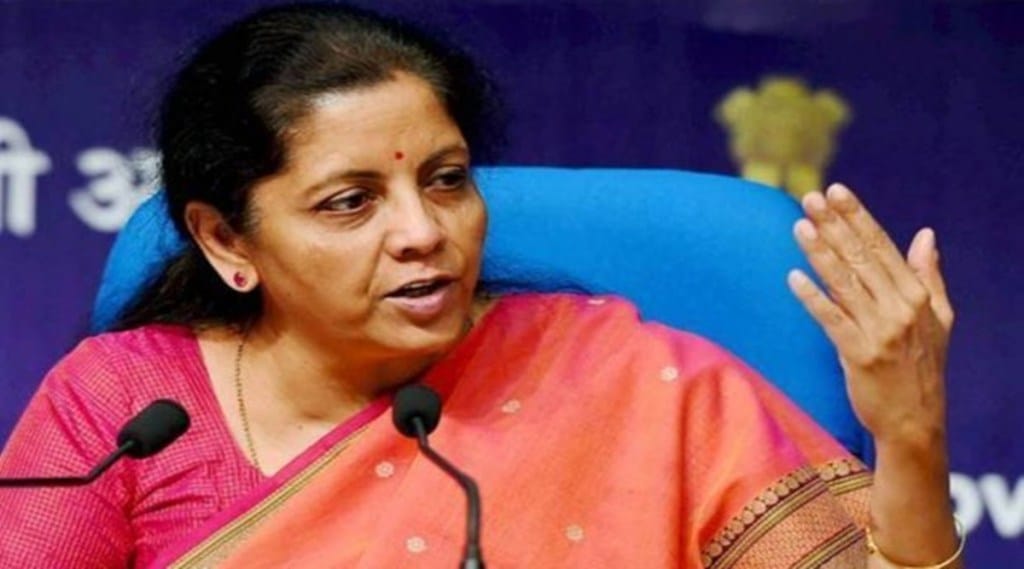Finance minister Nirmala Sitharaman on Tuesday exuded confidence that the Budget for FY23 will draw the elusive private investors and ensure a predictable recovery path for the Covid-hit economy in the coming years.
Replying to a debate on the appropriation and finance Bills in the Rajya Sabha, Sitharaman conceded emerging risks to the economy from the Russia-Ukraine conflict, which has driven up global crude oil prices and caused massive disruptions in supply chains. At the same time, she defended her government’s handling of inflation and added that the wholesale price inflation, which has been in double-digits for 11 months now, will moderate in the coming months.
The minister said: “…newer challenges are before us. During the Budget presentation, I had not taken into account the Omicron (outbreak) and now we are also facing the situation of a full-blown war in Ukraine. But it seems to be having an impact on all countries like the way the pandemic had.”
The Rajya Sabha returned the two Bills on Tuesday without any changes (except for those proposed by the government), ending the parliamentary process for approval of the Budget. The Lok Sabha had approved it last week.
Sitharaman said, after the pandemic spread its tentacles, the government had to step up investments to help the economy. “…we believe that the government and the private sector are partners in assuring development in this economy. There is no ‘us versus them’ when it comes to government and the private sector,” she said as she emphasized on measures like the PLI scheme, and PM Gatishakti, to woo private investments.
The minister said the Budget for FY23 was designed, keeping in mind the need to ensure a robust recovery after the unprecedented Covid crisis. But, despite the Omicron onslaught and the spread of the other variants of the coronavirus earlier, the government didn’t resort to any new tax to garner resources to fight the pandemic. In contrast, 32 countries resorted to taxation to revive their economies, according to an OECD report.
The minister said the states’ share for devolution in central taxes was pegged at Rs 6.66 trillion as per Budget Estimates of 2021-22, and Rs 7.45 trillion as per Revised Estimates.
“(But) What I have actually devolved is Rs 8.35 trillion, Rs 1.69 trillion more than the BE and Rs 90,000 crore over the RE,” she said. She also said, between 2013-14 to 2022-23, the actual utilisation of health and education cess is estimated to be Rs 3.94 trillion, against an estimated collection of `3.77 trillion. These imposts are used to fund centrally sponsored schemes in the states, she said.
After a record 6.6% contraction in FY21, real gross domestic product is estimated to grow 8.9% in the current fiscal. The Budget has projected a real growth rate of about 8% for FY23. The central bank has pegged real growth at 7.8% for the next fiscal, which is expected to be revised in the wake of the Ukraine crisis.
The Budget has raised the Centre’s capital spending to a record Rs 7.5 trillion for FY23 to capitalise on its multiplier effect; in fact, capex will be doubled from the pre-pandemic (FY20) level. Citing an RBI study, Sitharaman recently said a rupee spent on capex had a multiplier of 2.45 in the first year itself, against that of just 0.45 on revenue spending.

